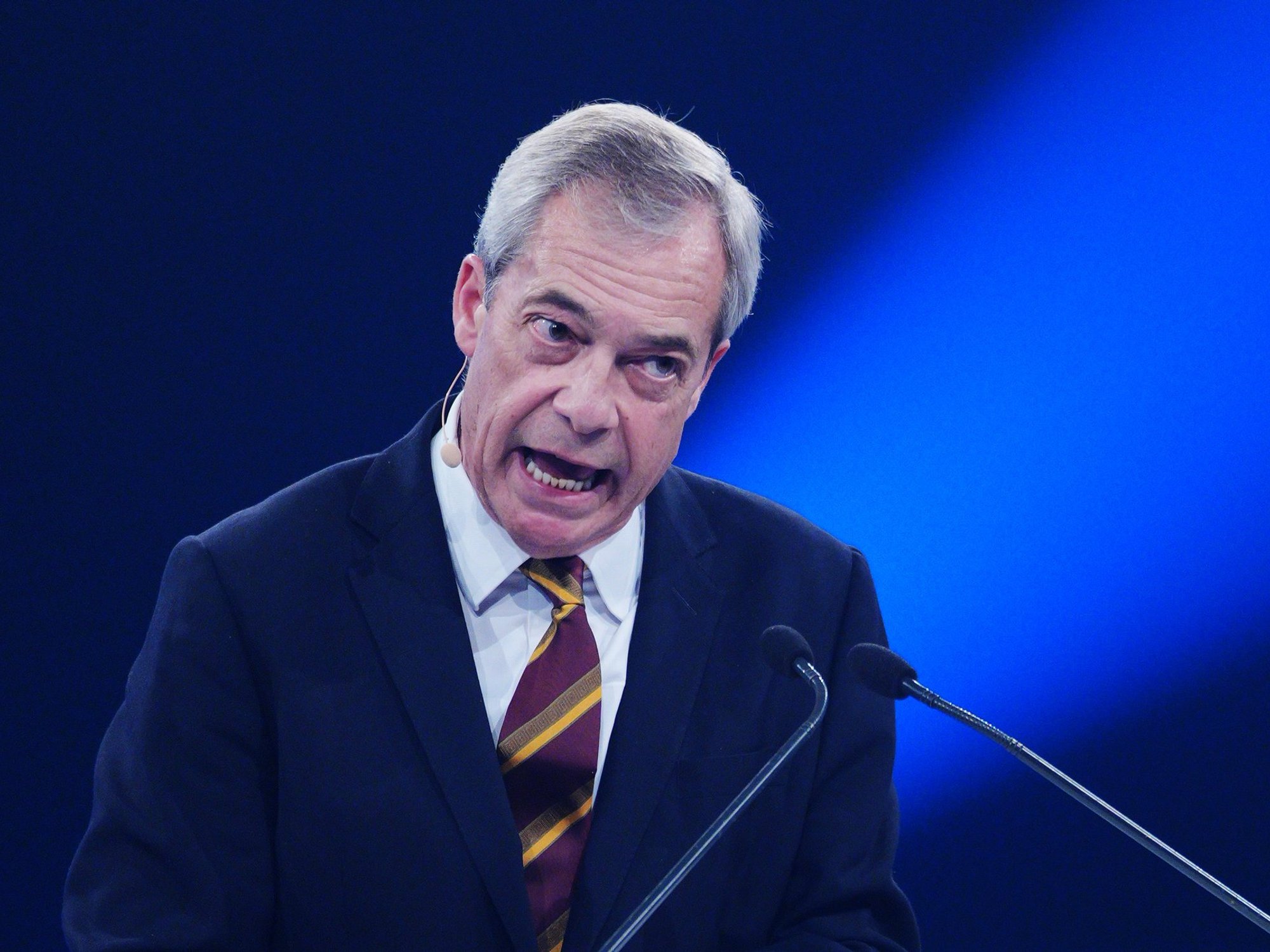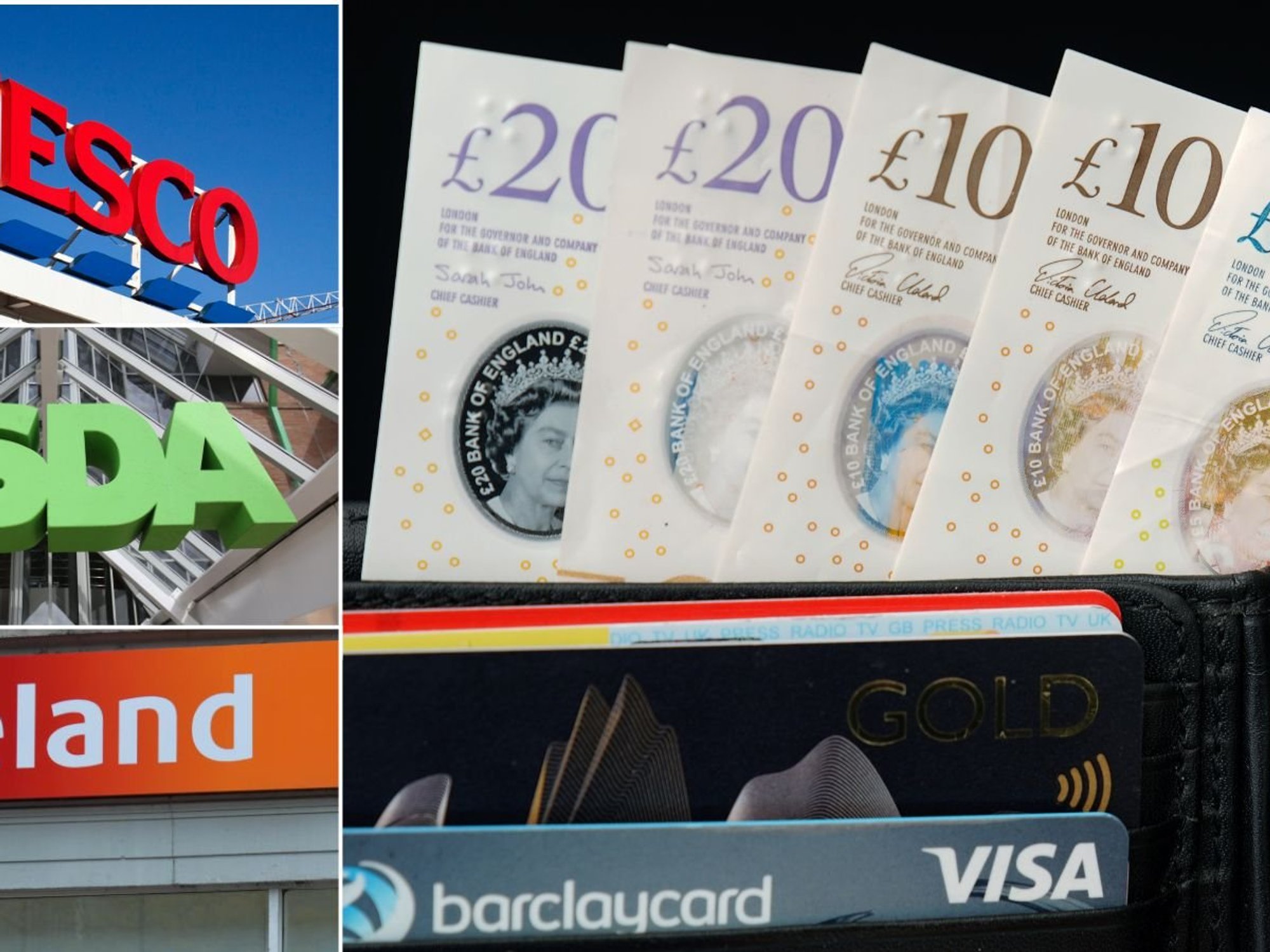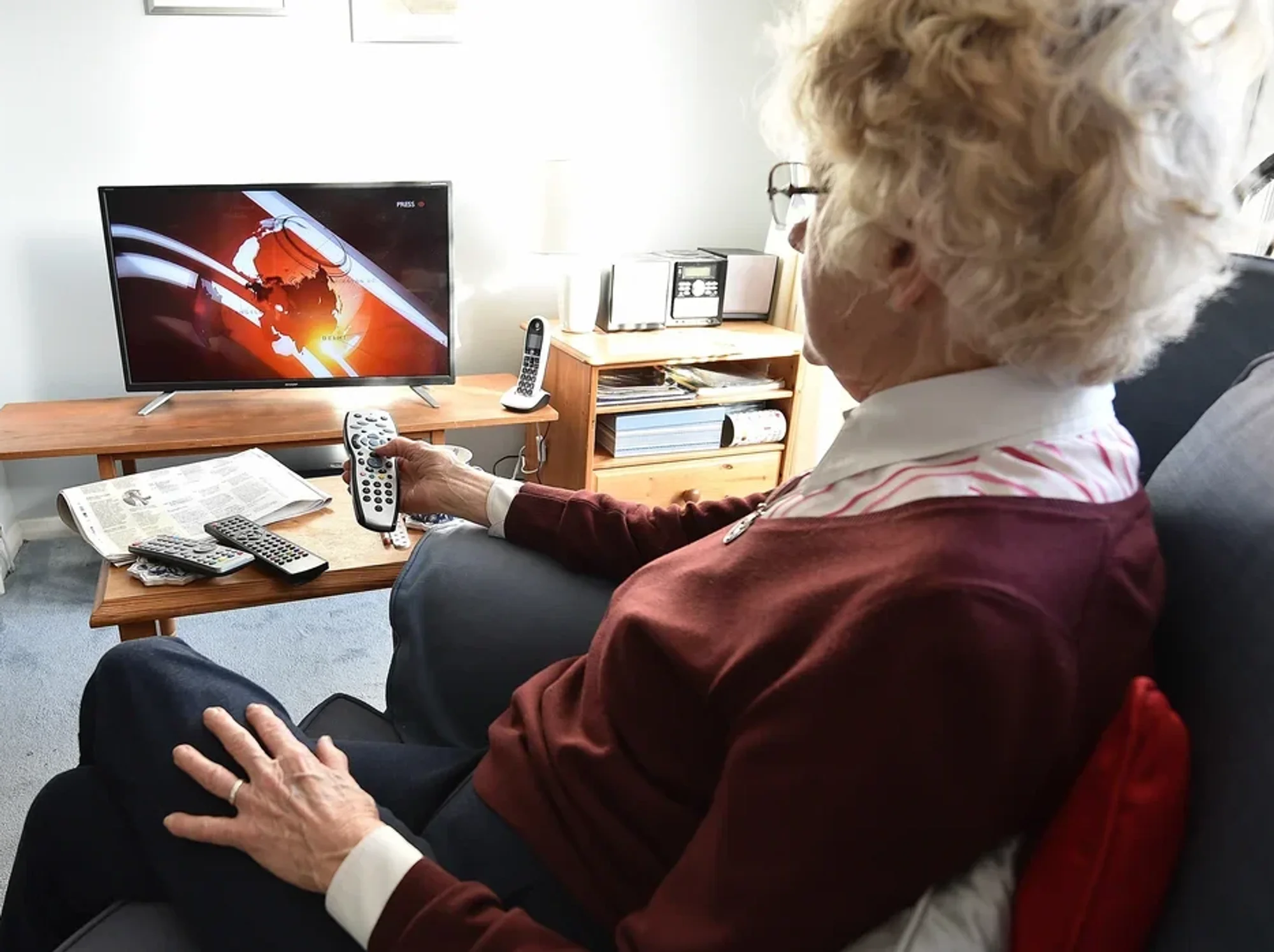Rachel Reeves 'needs to raise taxes' and reform HMRC in Autumn Budget, economists declare
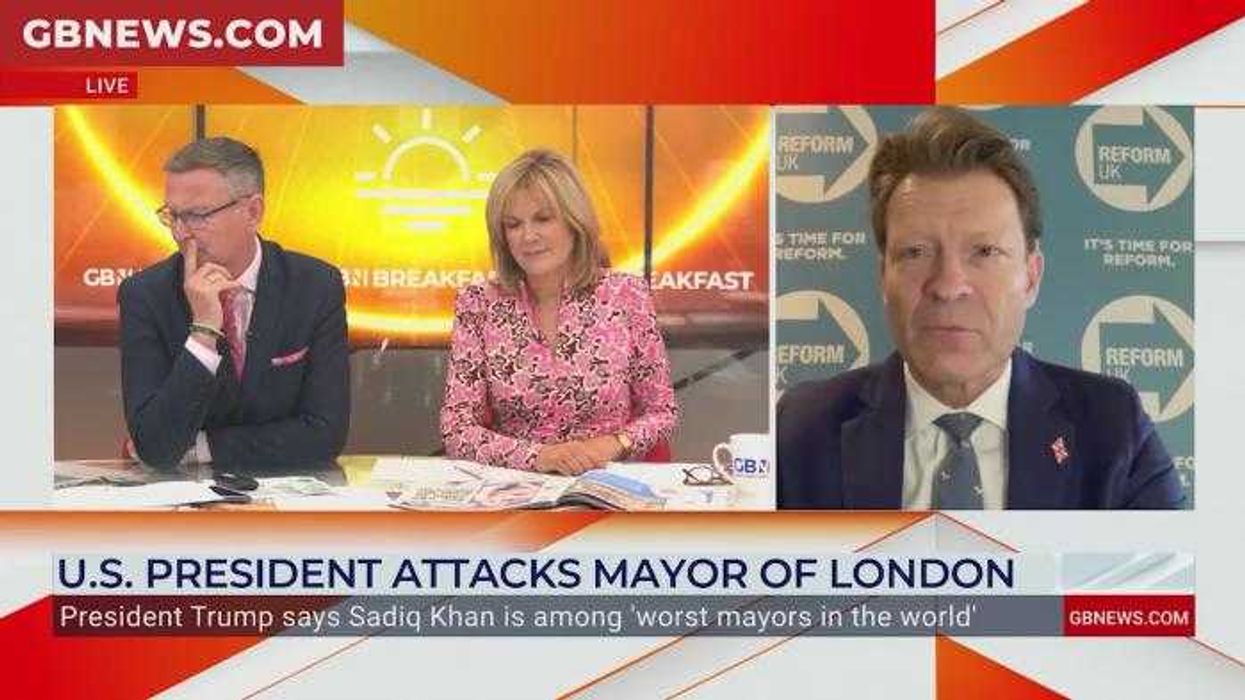
'The bond markets are applying what they call the moron premium to the UK economy.' |
GB NEWS

The Chancellor is set to unveil her next Budget in November
Don't Miss
Most Read
A group of prominent economists are calling on Chancellor Rachel Reeves to reverse the Government's commitment against increasing income tax, warning is it necessary to establish sustainable public finances, and have proposed drastic reform to HM Revenue and Customs (HMRC) regime.
Going into the 2024 General Election, the Labour Party's manifesto specifically promised not to raise taxes on "working people", including national insurance, income tax rates, or VAT.
However, with economic growth stagnating and the Chancellor requiring £30billion to meet her fiscal targets in November's Budget, these experts argue it's "high time" the Government reconsidered its position.
The economists suggest this approach would be preferable to the alternative measures currently under consideration, which include reducing pension tax relief and increasing levies on gambling and tobacco.
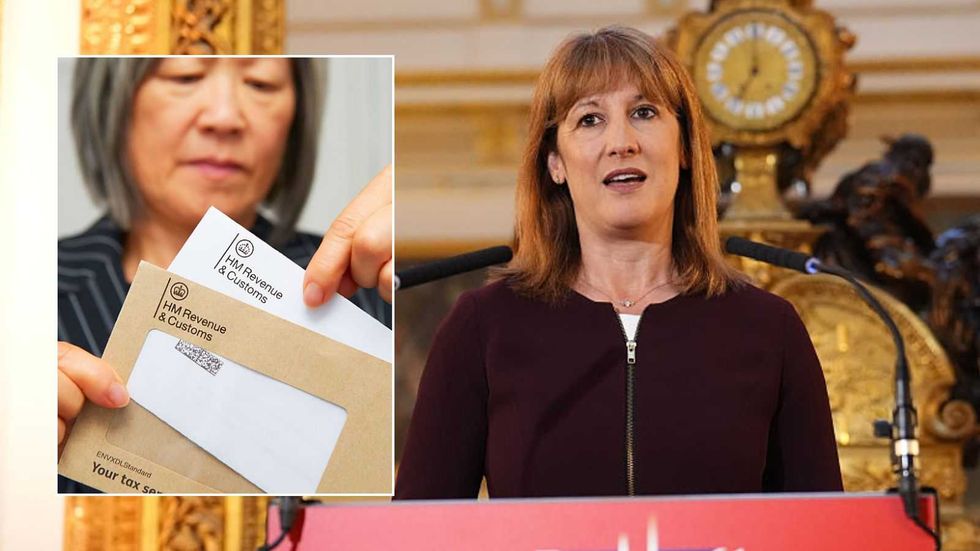
Economists claim the Chancellor needs to 'raise taxes'
|GETTY
Stephen Millard, the deputy director of the National Institute of Economic and Social Research (NIESR), is among the economists urging the Chancellor to make a U-turn.
He explained: "The Chancellor finds herself in a position where she needs to raise taxes at the next budget.
"But, given her commitment to not raise income tax, VAT or national insurance, she has left herself in a position where she either has to go back on this commitment or ‘tinker at the edges’.
"We think that now is not the time to do the latter. Rather the Chancellor should look to raise income tax which has the least negative effect on growth of the three big taxes to put the public finances back on to a firm footing and then lay out a tax reform agenda, which could help boost UK growth in the future.”
 Chancellor Rachel Reeves is confronting mounting fiscal pressures | POOL
Chancellor Rachel Reeves is confronting mounting fiscal pressures | POOL Speaking to The i, the panel maintains that increasing income tax would cause the "least negative effect on growth" among the major revenue sources, according to their assessment.
Sir Charles Bean, former deputy governor of the Bank of England, described this approach as "the easiest and probably least distortive way" to generate the required revenue.
He added: "Given they don’t seem to be able to cut spending and Reeves has committed herself to sticking to her fiscal rules, they pretty much have to resort to raising tax revenues somehow.
"I’m sure there will be initiatives to boost growth in the Budget, but I think it’s pretty unlikely that they will have a big enough effect over this Parliament to obviate the need for some tax increases. And I agree that the easiest and probably least distortive way to raise that revenue would be to increase the basic rate of income tax."
Under the proposed three pence increase to the basic rate, an individual earning the average salary of £35,000 would contribute approximately £56 additional per month in income tax.
The experts emphasise this strategy would be more effective than adjusting peripheral taxes, which they characterise as inadequate for addressing the substantial funding requirement.
Economists note that the political implications of abandoning a manifesto commitment present significant challenge for the Treasury, as the Government would face criticism from the Conservatives and Reform, while potentially undermining voter trust for future elections.
Julian Jessop, an independent economist, suggested the Chancellor could justify the reversal by attributing it to the Office for Budget Responsibility's (OBR) recent assessment of the productivity decline inherited from the previous administration.
LATEST DEVELOPMENTS:
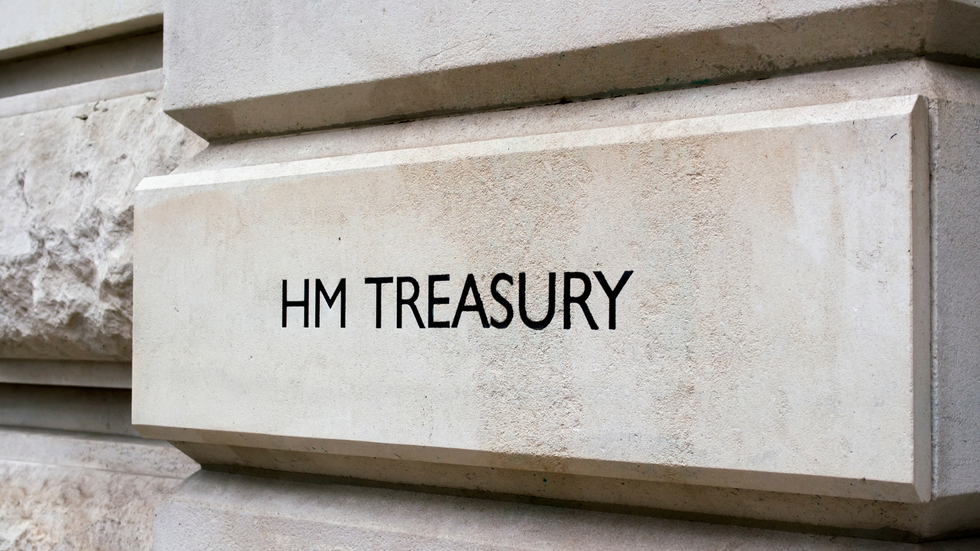
The Treasury is under scrutiny
| GETTYMr Jessop shared: "If the Chancellor does have to raise ten of billions more in tax still a big if, in my view then some combination of increases in income tax and in VAT would be the simplest and cleanest way to do it.
“This would be almost impossible to square with the manifesto commitment. Nonetheless, Rachel Reeves could argue that this pledge has to be broken because the OBR has only now scored the full extent of the productivity slowdown left by the previous government.
"In other words, ‘the legacy of 14 years of Tory rule was even worse than we thought. In other words, 'the legacy of 14 years of Tory rule was even worse than we thought."
A Treasury spokesperson said: “The Chancellor makes tax policy decisions at fiscal events. We do not comment on speculation around future changes to tax policy.”
More From GB News





